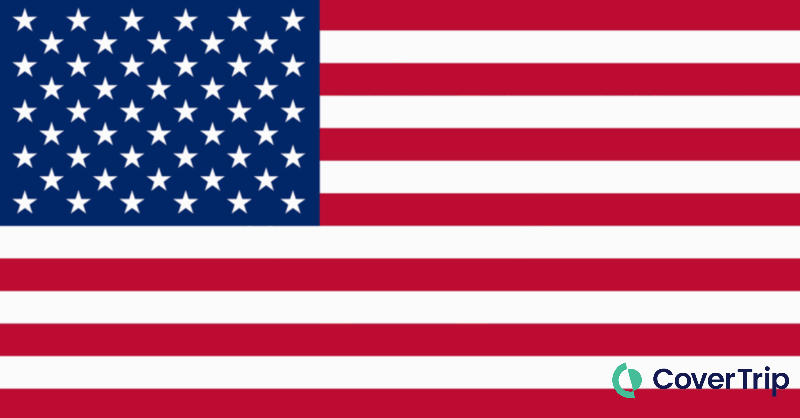
As colder weather approaches in the northern hemisphere, airlines are hoping to fill their planes with leisure travelers seeking sunny getaways and time with family. Over the past few weeks, many airlines have been expanding their schedules and adding domestic routes, expecting a surge in holiday travel.
International travel is approaching pre-pandemic levels. Optimism rose with the recent news that many borders will be fully open to vaccinated travelers in November.
Overall, travel sentiment appears to be cautiously optimistic. For the first time since the start of COVID, travel insurance sales have surpassed pre-pandemic numbers. Travel insurance companies have adapted some plans to include special coverage for COVID. Policies can include coverage should you get COVID before you travel or even while you are on your trip.
Travel insurance is best purchase at the time you start booking your trip because you’ll have the opportunity for the widest range of benefits for travel mishaps, like these:
Trip cut short? Trip interruption cover is the answer
Some of the most common reasons that trips get cut short, sending you suddenly back home, are:
- The traveler is injured
- The traveler is suddenly ill
- A death occurs in the family
If you have to end a trip early, here’s how trip interruption coverage can help:
- Reimbursement for unused, pre-paid and non-refundable trip expenses (like that special anniversary dinner at a vineyard).
- Reimbursement for unexpected costs to get home quickly (think airfare change fees, for example).
Sick while traveling? Travel medical cover is your safety net
If you get sick while traveling – domestically or internationally – the cost of medical treatment is likely to be high and certainly unexpected. Even if you have health insurance and are traveling in the states, your coverage may not extend to where you are traveling. Health insurance plans almost never cover you while traveling abroad.
Travel medical coverage is your safety net. Since the rise of COVID, travel insurance companies have adapted some plans to include coverage for COVID-related hospitalization and medical expenses.
Bonus: Included with travel medical coverage is the added benefit of medical evacuation. This is helpful if you need to be airlifted to a place where you can receive medical treatment.
Test positive before leaving? Cancel for any reason to the rescue
Even if you’re vaccinated, you could test positive for COVID. Many domestic and all international locations require a negative COVID test result as part of the entry requirements. If you test positive before you leave, and have to cancel your trip, you can reclaim a portion of your pre-paid, non-refundable trip costs with cancel for any reason coverage.
Cancel for any reason can be handy in other situations completely beyond your control, like:
- Borders at your intended destination close
- Injury or illness of you or a traveling companion
- Infection rates at your intended destination rise beyond your comfort level
Even if the place you’re visiting doesn’t require travel insurance, you could be glad you bought it. Just like any insurance plan, you only wish you had it when you really need it.
Other interesting news
Business class anyone? Here’s why super business mini suites may be the new future of flying.
Vaccine mandates – could there be a vaccination mandate for domestic air travel soon?
Read this if you have AAdvantage – the Points Guy is worried about devaluation.
Worried about lost bags? See which airline is most likely to lose or damage your luggage.
Check your carbon footprint – Google flights will now show you the environmental impact of flights.


